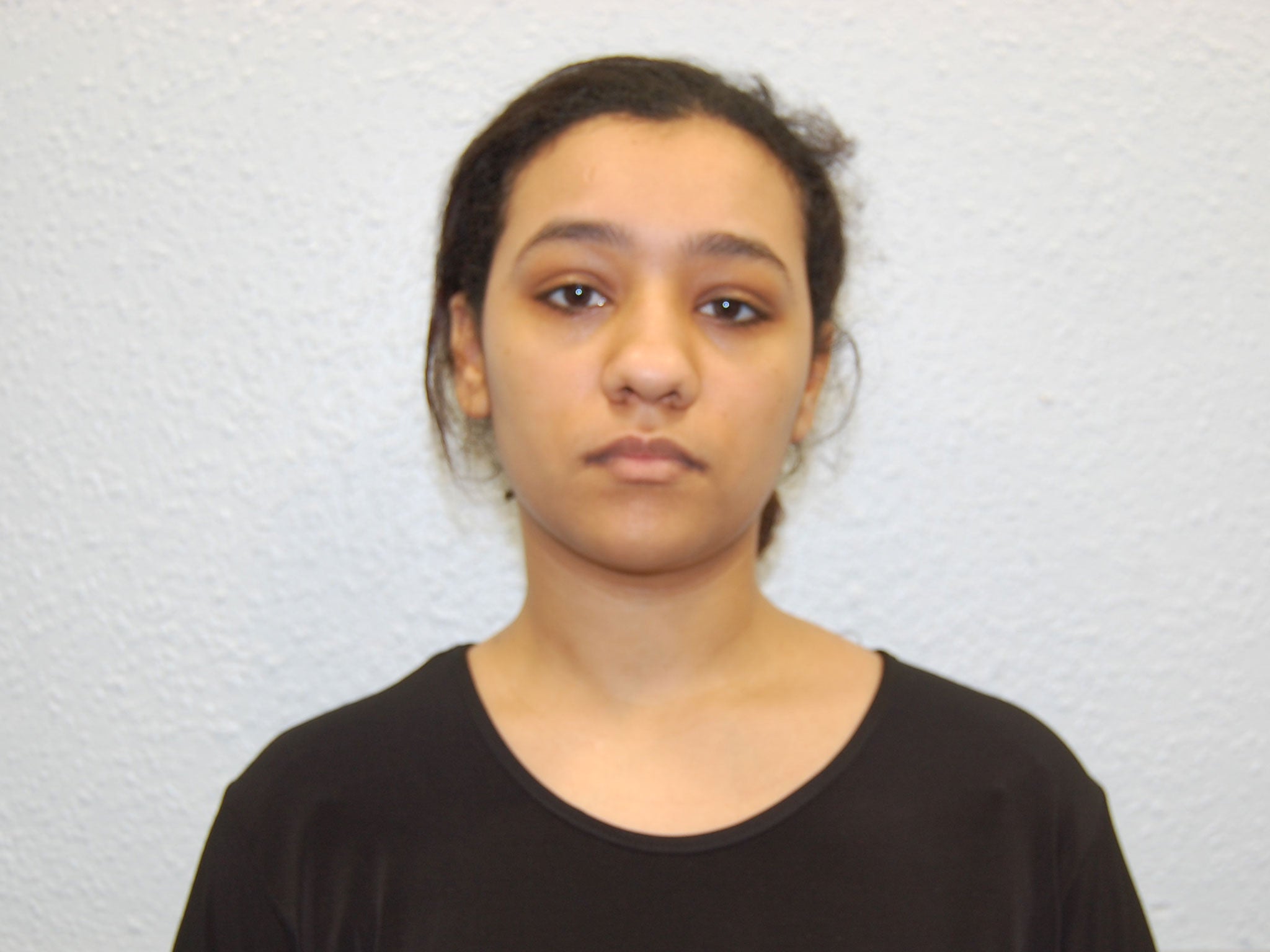Isis and far-right extremists 'changing tactics', commission warns as study launched across England and Wales
Commission for Countering Extremism appealing for submissions to improve understanding of radicalisation

Your support helps us to tell the story
From reproductive rights to climate change to Big Tech, The Independent is on the ground when the story is developing. Whether it's investigating the financials of Elon Musk's pro-Trump PAC or producing our latest documentary, 'The A Word', which shines a light on the American women fighting for reproductive rights, we know how important it is to parse out the facts from the messaging.
At such a critical moment in US history, we need reporters on the ground. Your donation allows us to keep sending journalists to speak to both sides of the story.
The Independent is trusted by Americans across the entire political spectrum. And unlike many other quality news outlets, we choose not to lock Americans out of our reporting and analysis with paywalls. We believe quality journalism should be available to everyone, paid for by those who can afford it.
Your support makes all the difference.Extremists are "changing their tactics", a new body has warned as it launches an investigation into the scale of extremism in England and Wales.
The Commission for Countering Extremism is inviting submissions from the public in the first research of its kind in a bid to understand the drivers of radicalisation that culminated in five terror attacks last year.
Sara Khan, the lead commissioner, has already met more than 300 experts and activists across the country and wants to build a “powerful counter extremism movement”.
“Extremism is sowing division and hate, spreading fear and undermining democratic values and human rights,” she said.
“But it’s also complex and changing – in 2018 the old stereotypes of far-right thugs and Islamist hate preachers don’t always apply.
“Whether it’s far-right, Islamist or other forms of extremism, we need to investigate their changing tactics such as a new-found professionalism; the intellectualising of hate and abusing the power of social media.”
Ms Khan, who has been criticised by opponents of the government’s Prevent counter-extremism programme, said that anti-radicalisation campaigners were already “making a difference despite threats and abuse”.
She added: “We need to understand modern day extremism better, so we can help more people to challenge it. That is why this study is so important.
“The public debate on extremism is increasingly polarised, leaving some nervous about speaking out. We need to investigate how we improve the debate around extremism, so it’s more constructive.
“We must be prepared to follow the evidence and to be as radical as necessary when it comes to countering extremism.”
The commission is to review existing academic evidence on extremism, commission bespoke research and call for evidence from families affected by radicalisation and other members of the public.
Its work will be advised and challenged by an expert panel whose members include the former head of UK counterterror policing, Sir Mark Rowley, and ex-Independent Reviewer of Terrorism Legislation David Anderson QC.
Dame Louise Casey, who led a damning review into integration, is also on the panel alongside think tanks and human rights campaigners.
Plans to set up the commission were announced by Theresa May in the wake of the Manchester Arena bombing, which was the second and deadliest terror attack to hit Britain last year.
The UK suffered more deaths caused by terror attacks than any other country in Europe in 2017 and security services are foiling an average of one plot a month.
A total of 36 victims lost their lives in the Isis-inspired atrocities in Westminster, Manchester and London Bridge, and the far-right Finsbury Park attack.
Security services have warned of an “unprecedented” threat to the UK, which comes predominantly from Isis-inspired terrorists and the growing extreme-right.
Authorities have been cracking down on extremist propaganda but research has found a complex range of factors, including personal relationships, isolation and disadvantage, also drive people to violence.
The commission has been tasked with identifying and challenging all forms of extremism, advising ministers on new policies and promoting “pluralistic British values”.
But it will not have the power to change Prevent or the government’s revamped counterterror strategy, which includes proposed laws condemned as a violation of human rights.
The government has committed to sharing information with the commission, which will ask regulators, local councils, police forces, universities and other public and private bodies to follow suit.
Join our commenting forum
Join thought-provoking conversations, follow other Independent readers and see their replies
Comments